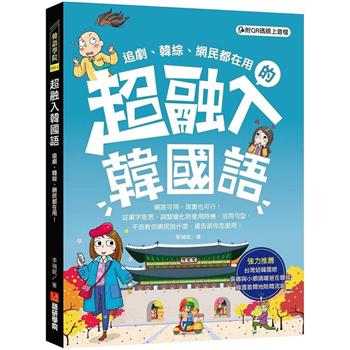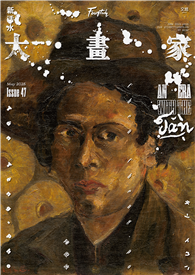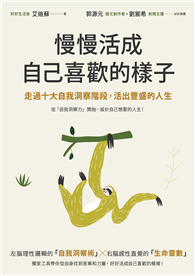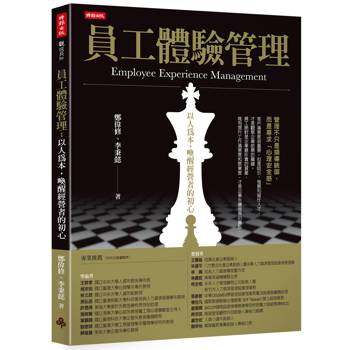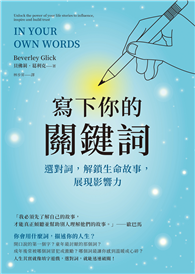Winner of the D.H. Lawrence Society of North America’s Biennial Award for a Newly Published Scholar in Lawrence Studies
Though the differences in style and politics between Virginia Woolf (1882-1941) and D.H. Lawrence (1885-1930) are many, they both had formative experiences as teachers. Between 1905 and 1907, Woolf taught history and composition courses at Morley College while Lawrence spent nearly a decade in the field of elementary education between 1902 and 1912. The Sensuous Pedagogies of Virginia Woolf and D.H. Lawrence reframes Woolf and Lawrence’s later experiments in fiction, life-writing, and literary criticism as the works of former teachers, of writers (that is) still preoccupied with pedagogy. More specifically, the book argues that across their respective writing careers they conceptualize problems of teaching and learning as problems of sensation, emotion, or intensity. But the "sensuous pedagogies" Woolf and Lawrence depict and enact are not limited to classroom spaces or strategies; rather, they pertain to non-institutional relationships, developmental narratives, spaces, and needs. Friendships and other intimate relationships in Lawrence’s fiction, for instance, often take on a pedagogical shape or texture (one person playing the student; the other, the teacher) while Woolf’s literary criticism models a novel approach to taste-training that prioritizes the individual freedom of common readers (who must learn to attend to books that give them pleasure). In addition, Sensuous Pedagogies reads Lawrence’s literary criticism as reparative, Woolf’s fiction as sustained feminist pedagogy, and their respective theories of life and love as fundamentally entangled with pedagogical concerns.


